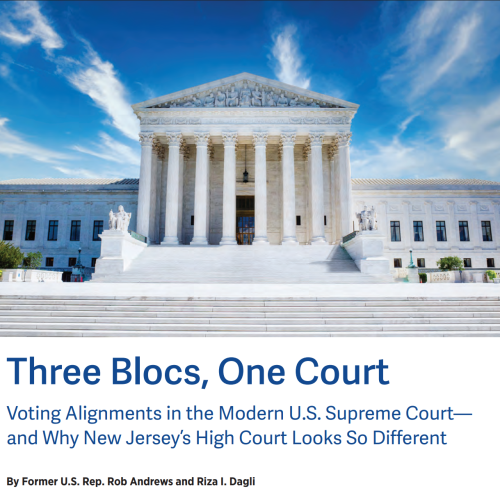Understand What “At-Will” Employment Really Means To Reduce Significant Legal Exposure

July 10, 2023
When a client is sued by a former employee or receives notice of a governmental investigation into an employee issue, one of the first questions we frequently are asked is “How can this happen? He/she was an at-will employee.” It is true that a person typically is presumed to be an “at-will” employee and, as such, the employer retains the right to terminate the employee at any time (with or without advance notice) and for any reason (whether it be a good reason, bad reason or no reason at all). This leads many employers to conclude that at-will employment means they can handle terminations and other employee issues however they see fit. The reality is quite the opposite.
Although the at-will employment doctrine allows employers to terminate employees for any reason, there are a substantial number of local, state and federal laws that create exceptions to this rule. These exceptions not only limit an employer’s ability to terminate an at-will employee, but they also limit an employer’s ability to take certain other employment actions that might negatively impact the employee’s terms and conditions of employment. An employer’s failure to fully understand their obligations under these laws is not a defense. As such, even an unknowing violation of the law can result in costly litigation and/or governmental investigations and audits.
Most employers probably understand that one exception to the at-will employment rule is the anti-discrimination laws which prohibit them from terminating an employee because they are in a legally “protected” status such as age, race or gender. One challenge for employers is that many don’t fully understand how many protected statuses there are.












